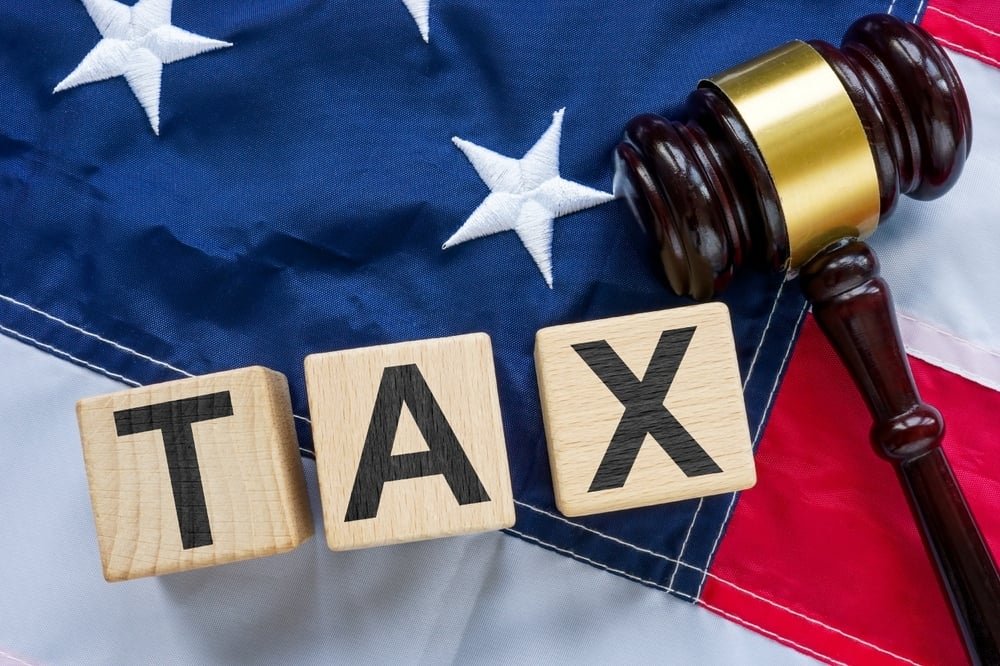$4 Trillion Tax Legislation Advances: Senate Faces Complex Negotiations
Congressional Republicans achieved a significant milestone on May 22 when the House of Representatives narrowly approved comprehensive tax...
3 min read
Wei Wei & Co
:
Jul 14, 2025 1:14:28 PM

The One Big Beautiful Bill Act (OBBB) marks one of the most comprehensive federal tax reforms since the Tax Cuts and Jobs Act (TCJA) of 2017. It makes several TCJA provisions permanent while introducing new deductions and rules aimed at helping working families, businesses, and retirees. Whether you're a business owner, employee, investor, or retiree, the provisions in this law could affect your tax planning starting as early as 2025.
Below, we break down each major category of the bill to help you understand the key facts and how they may apply to your personal or business finances.
The OBBB makes permanent the current seven-tier tax structure (10%, 12%, 22%, 24%, 32%, 35%, 37%) introduced under TCJA. It also enhances inflation indexing for the lower three brackets (10%, 12%, and 22%) starting in 2026.
Beginning in 2026, the child tax credit rises to $2,200 per qualifying child, with ongoing inflation adjustments. The refundable portion and phaseouts remain similar to current law.
The 20% pass-through deduction is made permanent, with increased phase-in thresholds and a guaranteed $400 minimum deduction for qualifying filers.
Section 163(j)'s cap on net business interest expense remains in place, permanently based on EBITDA (earnings before interest, taxes, depreciation, and amortization).
A 1% floor is introduced on corporate charitable deductions, requiring companies to give beyond this threshold before deducting donations.
|
Provision Area |
Effective Date |
Sunset/Expiration |
|
Business expensing (bonus/R&D) |
Tax year 2025 |
Permanent |
|
Pass-through deduction |
Tax year 2025 |
Permanent |
|
Interest deduction cap (EBITDA-based) |
Tax year 2025 |
Permanent |
|
Standard deduction increase |
Tax year 2025 |
Permanent |
|
Senior/Tip/Overtime deductions |
Tax years 2025–2028 |
Temporary |
|
Estate tax exemption increase |
Tax year 2026 |
Permanent |
|
SALT cap increase |
Tax year 2025 |
Temporary, reverts in 2030 |
What is the One Big Beautiful Bill Act?
OBBB is a 2025 tax reform bill that extends and enhances many elements of the 2017 TCJA, while adding new benefits and simplifying certain areas of the tax code.
When do the changes take effect?
Most provisions begin in 2025. Some temporary individual benefits expire in 2028. Business and estate changes are permanent.
How does the bill affect small businesses?
Pass-through businesses benefit from a permanent 20% deduction on qualified income, with higher thresholds and a guaranteed minimum deduction.
What happens to the SALT deduction?
The SALT cap increases to $40,000 in 2025, then phases down to $10,000 by 2030.
Are entertainment expenses deductible for businesses?
The OBBB does not reinstate entertainment deductions. They remain nondeductible under prior law.
What about the estate tax?
The exemption doubles to $15 million for individuals in 2026. The step-up in basis is preserved.
Let Wei, Wei & Co., LLP Help You Navigate the Changes
The One Big Beautiful Bill Act reshapes tax planning across the board. Whether you're a business owner, investor, or family planner, our experienced professionals are ready to help you adapt and optimize your strategy.
Contact us today to schedule a consultation tailored to your needs.

Congressional Republicans achieved a significant milestone on May 22 when the House of Representatives narrowly approved comprehensive tax...

With an increasing focus on environmental, social and governance (ESG) issues, some organizations are seeking ways to fund various ESG initiatives....

As generative artificial intelligence (Gen AI) continues to make headlines and reshape workflows across industries, many business leaders are left...